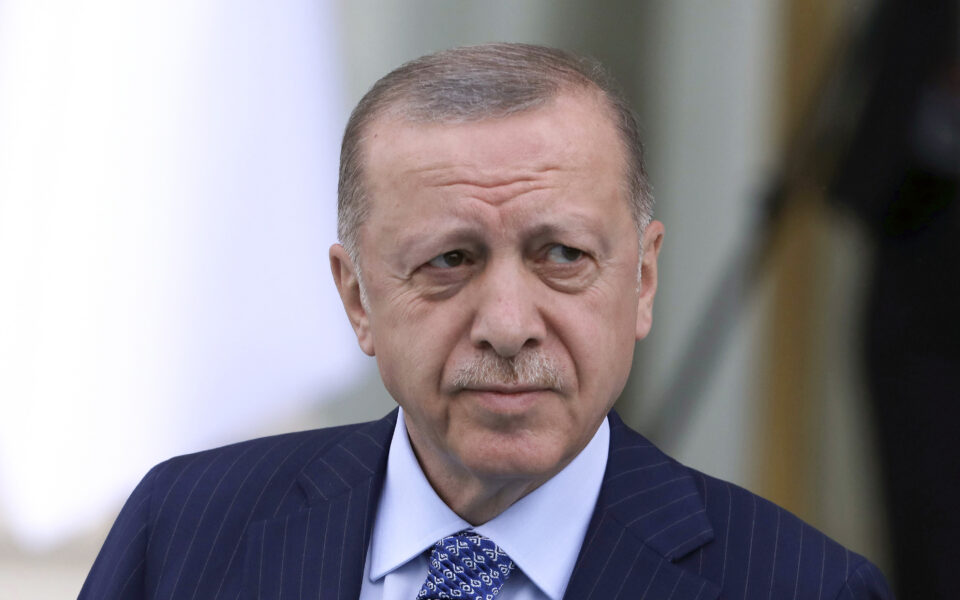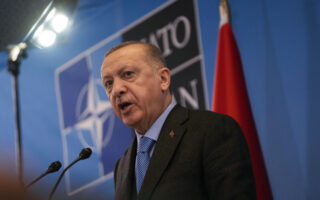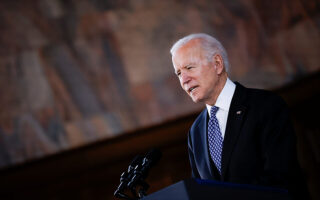Assessing Erdogan’s behavior

The strategy chosen by Turkish President Recep Tayyip Erdogan and his associates, from his nationalist partner to the foreign and defense ministers and the government spokesman, will not benefit Ankara.
For a number of reasons, Turkey’s relations with the United States and Europe are not at their best, and this is not the time for Erdogan to create new points of friction, threatening Greece, an EU member and strategic ally of the US, hosting some of the latter’s important military installations.
If the Turkish president is indeed outraged by the Greek prime minister’s remarks in the US, then he should realize that Ankara’s aggressive stance simply confirms what Kyriakos Mitsotakis has been telling the Americans and Europeans.
In any case, the indications so far do not foreshadow a calm summer. The rhetoric and the moves of the neighboring country are testing the composure of the Greek side, its political leadership and armed forces. Even if no decision has been taken for any specific move against Greece, in a climate of increasing intensity, with surveying vessels and Turkish overflights in the Aegean, one cannot rule out an accident, while the overflowing revisionism – with statements about the “borders of our heart” and the projection of the narrative of the “Blue Homeland” – is not reassuring.
One possible explanation for the growing tension is that, at least at this stage, time is not working in Turkey’s favor, in the sense that Greece is building new alliances and deepening older ones, while strengthening its deterrence through agreements that have begun to be implemented, but will take time to complete (upgrade of F-16 fighter jets, acquisition of Rafale jets and frigates), as well as others that are expected to follow (possible US sale of F-35s to Greece). It is in this light that there is a risk of an accident.
If Erdogan’s goal is to force Athens into a dialogue on issues that are not up for discussion, threatening rhetoric and moves may make sense to some cynics, but it certainly hurts any reserves of trust and goodwill left, and makes the work of moderate Greek politicians and opinion makers who might be willing, under certain conditions, to take bold steps that much more difficult.
Finally, there is always the element of domestic politics and it is clear that attacks on Greece help Erdogan in opinion polls. However, it would be wrong to personify Turkish aggression too much, because while there is certainly an element of irritability and revisionist nationalism in the current president, if one looks at the criticism leveled by most of his political opponents, one will not conclude that in the – rather unlikely – scenario of Erdogan’s electoral defeat and departure from the scene, Greek-Turkish relations will be calm.




